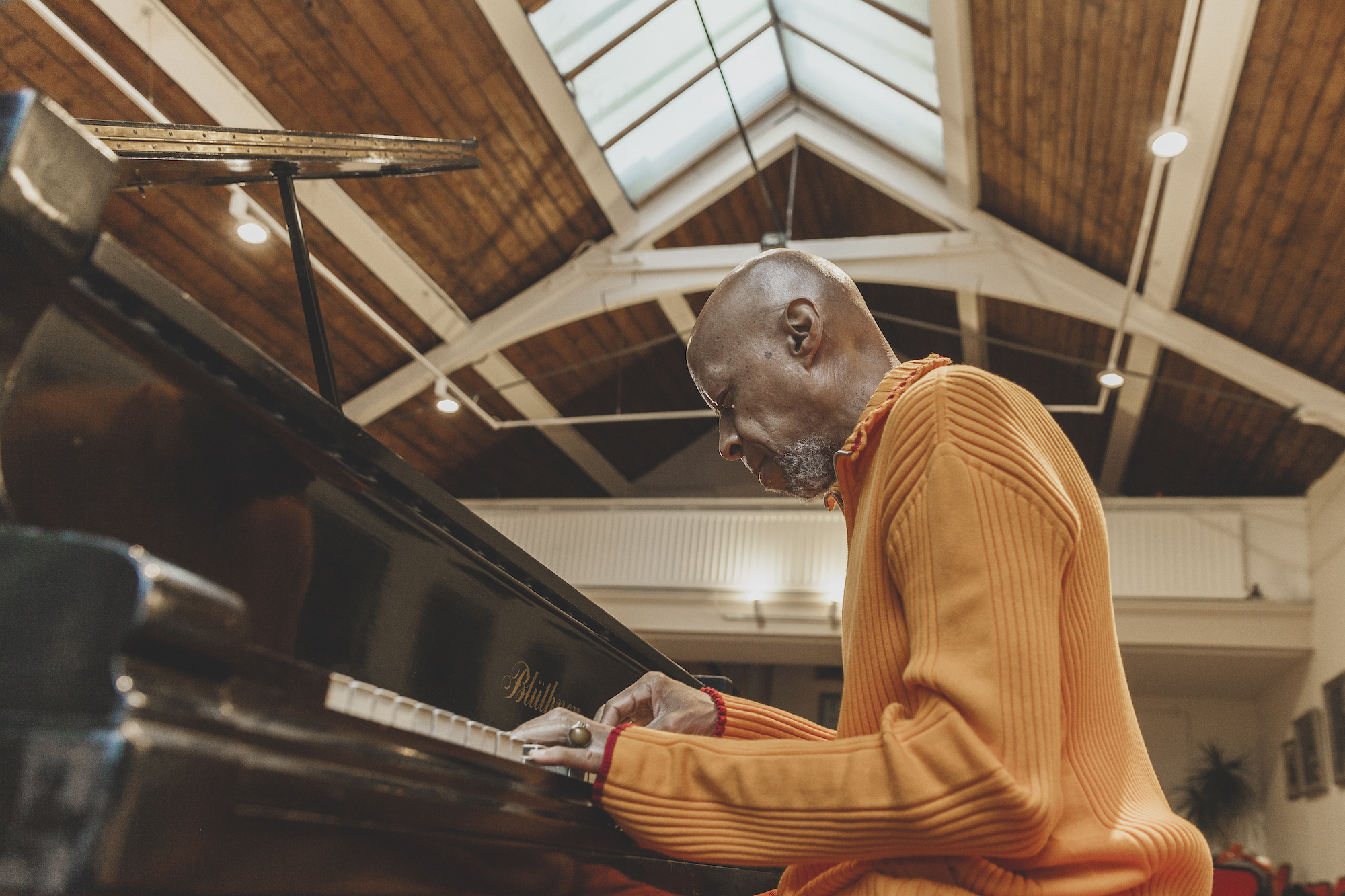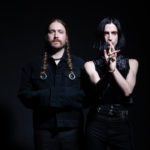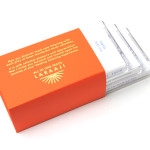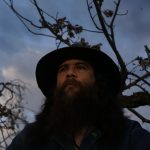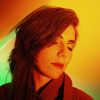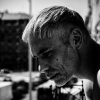Photography DANIEL ODUNTAN
Words ANDREW PARKS
About an hour into our lengthy conversation with Laraaji, we ask the New Age icon what records he relies on when life gets rough. And the first songs that spring to mind are from his own records (“Being Here” and the two “Meditation” tracks on his Brian Eno-produced breakthrough, Ambient 3: Day of Radiance).
Not because the composer / multi-instrumentalist / therapist has a healthy ego; quite the opposite, actually. Ever since he stumbled upon a zither in a Queens pawn shop nearly 50 years ago, Edward Larry Gordon has followed a preordained path towards self-actualization and enlightenment.
He didn’t go from pursuing acting to producing ambient music because it was cool or an algorithm-optimized cash grab. He did it because he simply had to; Laraaji enjoys listening to Laraaji because his celestial melodies and drawn-out drones are one of the ways he finds peace.
And it’s not like his listening habits stop there. As we discuss decades of transcendental discs over a crisp Skype call, Laraaji is quick to credit the tension-reducing tracks of Silvia Nakkach and Steven Halpern for “supporting my inner meditative zone…. I love the pace of their music; it’s not rushed, and doesn’t need a beginning or an end. It’s more of a drift — a comfortable, serene, trance posture of an expanded present moment.”
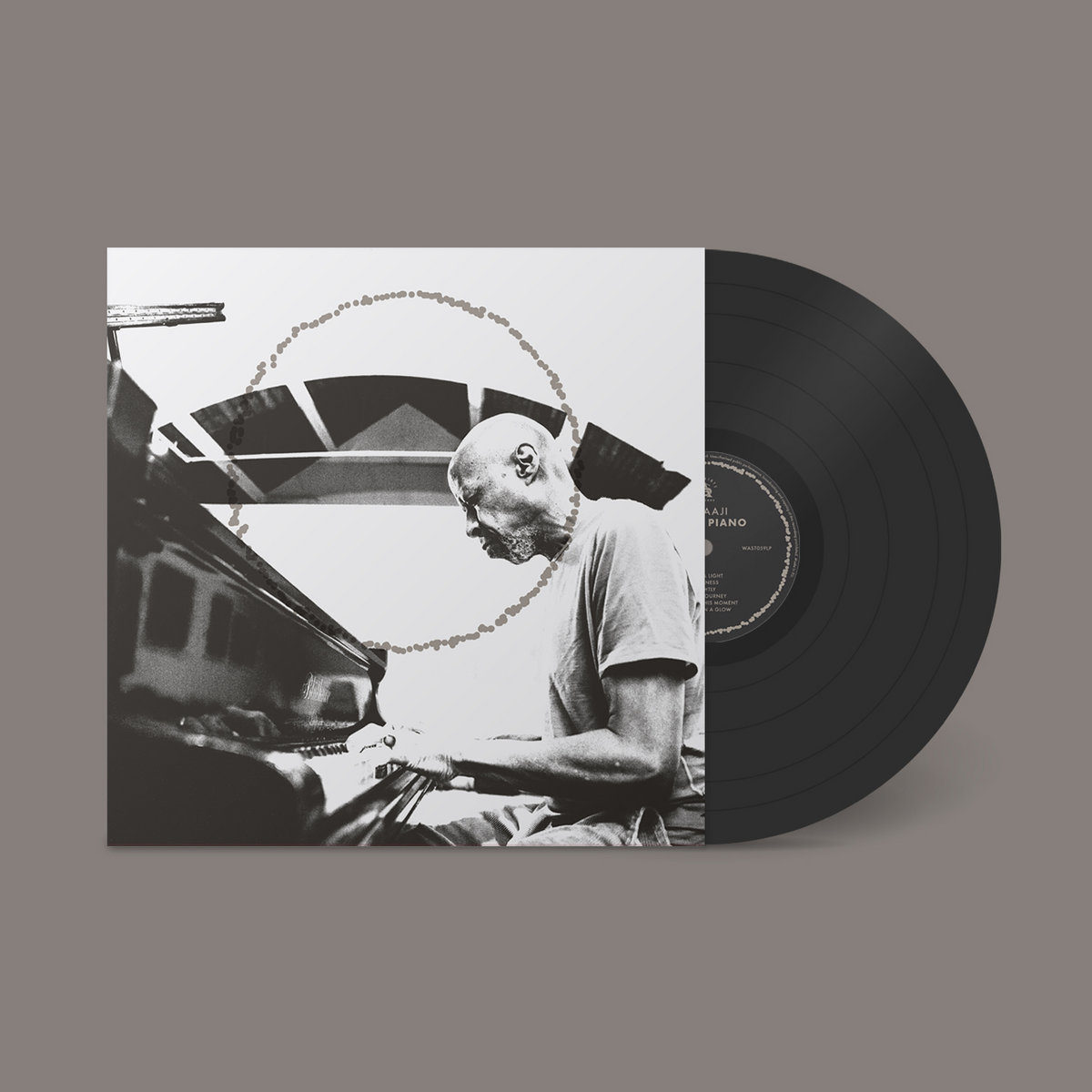
That is how we feel about Laraaji’s own LPs; they’re part of a broader plan (see also: s/t’s new ambient site) to bring our wobbly life back into balance. That’s the idea, at least. The following in-depth interview and short doc reveal how Laraaji has always been a few steps ahead of us, creatively and spiritually. Not to mention how the Philly-born, New York-nurtured musician ended up rediscovering his first love: pianos. While he never stopped playing the formative instrument, Laraaji never flexed his improv skills on a full-length album before last month’s Sun Piano LP. The sessions around its spirited, free-wheeling songs were so fruitful they’ll be followed by another album (Moon Piano) this fall and an EP of piano / autoharp duets soon after that.
Then there’s the live Piano Trilogy concert series at (Le) Poisson Rouge that’s spread between September 30, October 14, and October 28. Let’s just say Laraaji isn’t treating quarantine life as one long nap. If anything, he’s as prolific as ever, making us all look asleep at the wheel as it drives straight off a cliff….
Can you start by talking about how you first fell in love with the piano? It was at church right?
Yes, church — Sunday school in Perth Amboy, New Jersey. My mother would have the three of us young gentlemen in church with her, but we were required to go to Sunday school, too. It was early in the morning, and then there was about an hour, hour-and-a-half between Sunday school and church starting.
There was an upright piano in the basement of the church. That’s where I had my first experience of exploring the keyboard as a physical and percussive instrument — loud and soft. It fascinated me. Of course, I would imitate some of my pop music memories, too. My mother appreciated my enthusiasm, and she supported it by getting a piano into the house and funding my lessons. That was around the age of 10.
What was it about the piano that connected with you on a deeper level? Was it how limitless it felt?
Yes. You can improv on it. It was loud. It was percussive. I could interact and dance with it in the tactile sense — like shooting a basketball. And I wouldn’t say I release aggression, but some of my early explorations were pounding, tinkering, doodling… recreation. It might have been like a therapy, like an 88-key playground [laughs].
Did you have anyone pushing you towards playing the piano when you were younger?
I didn’t have any idols up until that moment outside of maybe hearing Fats Domino and Little Richard records. They gave me a sense of the piano’s ability. And that gave me a model to emulate — a more pounding style of piano. But [I was] also [inspired by] the triplets in R&B and rock ‘n’ roll music at the time. [Humming a rhythmic hook] I mimicked doo-wop music, and then there was Oscar Peterson and Erroll Garner. Those piano players came up big time on my radar and they provided inspiration that I would either emulate, imitate, or use as a reference while I was exploring.
What was the first thing that struck you about someone like Fats Domino or Little Richard — the rhythms themselves? How they didn’t sound academic, and actually made you want to get up and move?
Yes, the dance impetus. They kept the piano sounding very alive and exciting.
When did you start to find your own style?
Maybe in the mid ’70s, when I was playing with a jazz-rock group in New York called The Winds of Change. My role was playing the Fender Rhodes electric piano. That was when I started to realize the role I would play in an ensemble, and what melodies or messages would come through me when I’m at the piano — the rhythms I would find. After the imitation period, there’s the experimentation period. And then the experimentation period leads to self-discovery and finding my own voice. Certain riffs, and certain ways of treating the piano.
Did Howard University teach you more about discipline — how to be a hard worker — than how to find and explore your own sound? After all, classical training can feel so rigid.
It attempted to be rigid, but when I got into the practice rooms, I would do my scales and arpeggios and lessons for about an hour, then I would branch out into improvisation. And sometimes other artists would come into the room. Spontaneous improvisation was part of my practice time at Howard, although the teachers weren’t advising me to do it that way. As a piano major, the requirement was to be in study, five hours a day, on your instrument. And so half that time was actual study; the other time was recreational exploration.
Did any teachers go against the grain at all, or encourage you to embrace your improv side?
No, none of the teachers, but now and then, an artist would visit the practice rooms. One of them was Bobby Timmons. He was a piano player I was pretty familiar with, and when he heard me doing piano, he suggested that I consider jazz seriously. But no one actually coached me in a direction outside of classical music while I was at Howard.
Had you already figured out a way to tap into a trance state yet?
Oh yeah. That would happen quite a bit. Sometimes I would rent piano space in New York. There was Nola Recording Studio near Carnegie Hall. I would go and rent two or three hours for about $25 an hour — just hang out with a digital recorder and explore the grand piano sound.
In my journeys as a celestial musician around the United States, or even abroad, there might be a piano in someone’s home. They would invite me over to have fun with it while I was staying in town. That would always be recreational piano, and it would reveal the evolution of my language around the piano. Finding new chords that represented an emotional feeling I resonated with at that time in my life.
Do you remember any breakthrough moments where something just clicked?
Yes, I remember an experience off the coast of Spain. I was traveling with Opal Evening — several musicians who were recording for Opal Records in the ’80s. We were in this beautiful venue in Majorca, rehearsing our set from about 11 ’til 2 in the afternoon, then we would take a break.
I wandered over to the backstage of this enormous theater, and there was this long classical Baldwin or Steinway [piano]. I sat down and played a few notes. The piano really played itself. I was so immersed in such a glorious sound; I had never heard a piano like this before. It allowed me to find my way into new expressions.
About an hour after exploring, I went to find someone in the venue’s main office to ask them the story behind the piano because I had had such a unique experience. And they said, ‘Oh yes, that’s the piano that Arthur Rubinstein and Nina Simone always requested.’ So I had one of the premiere-sounding pianos, and realized that not all pianos are equal. That allowed me to hear myself explore the bass area, which I don’t get to do too much, because the bass can be muddy on many pianos. This was a very clear, pristine concert instrument that lifted my spirits and optimism about the piano.
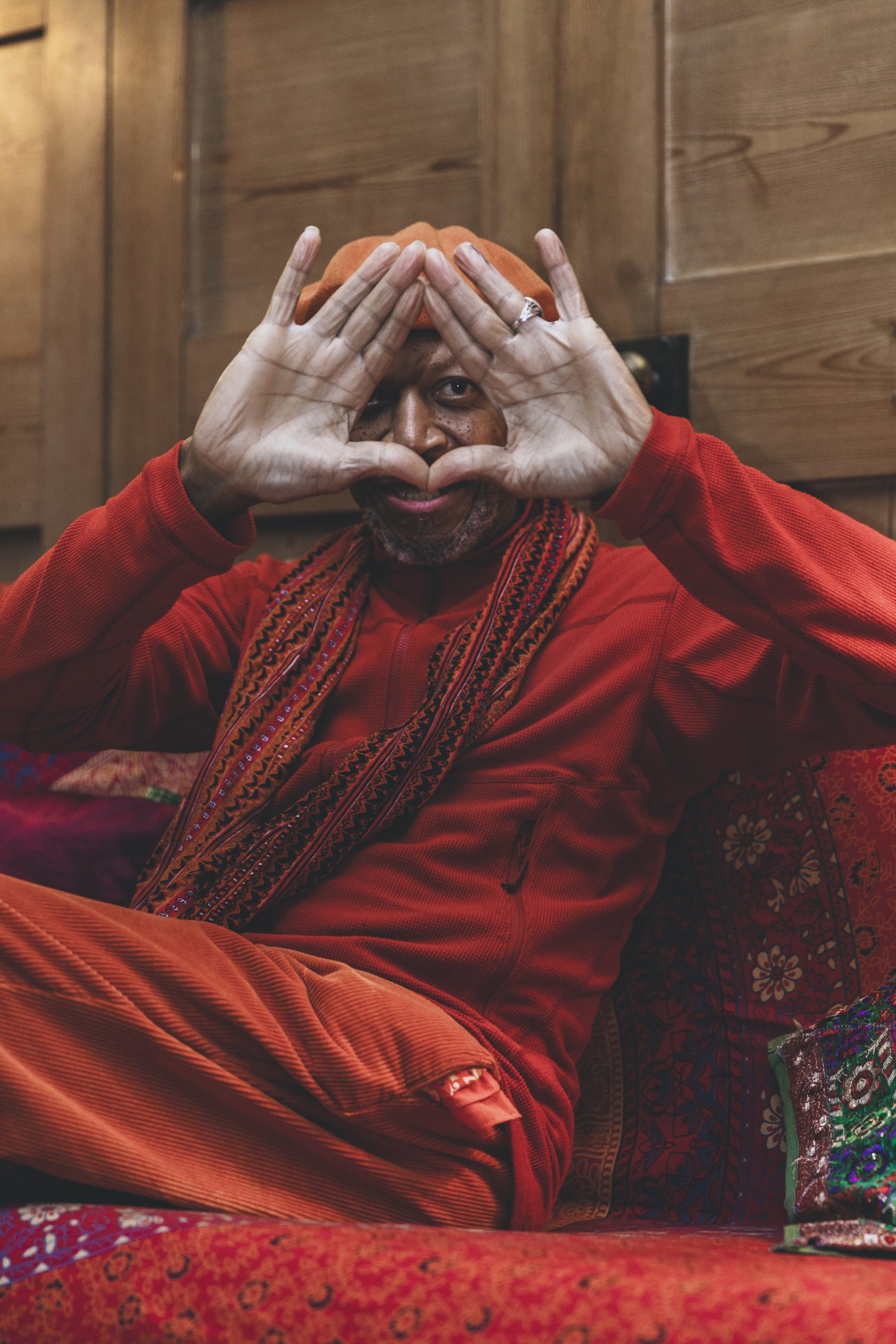
Do you have a preference when it comes to pianos then?
The piano that comes up big time whenever I get a chance to play it is called the Bösendorfer. The Bösendorfer in its classical piano format has nine extra keys in the bass area, and all of the keys are black. So if you ever see a piano where the lower end — 8-to-12 keys — are all black, you’re probably looking at a Bösendorfer. That’s a premiere performance instrument. Anytime I find a Bösendorfer, I have fun with it
I like Baldwins because of their crisp sound and good attack. I can rock out, do jazz, and have a clear, defined tone with it. Yamahas have a strong leaning towards a more classical sound; the C7X is a standard performance instrument. I can’t say that I gravitate towards Steinways.
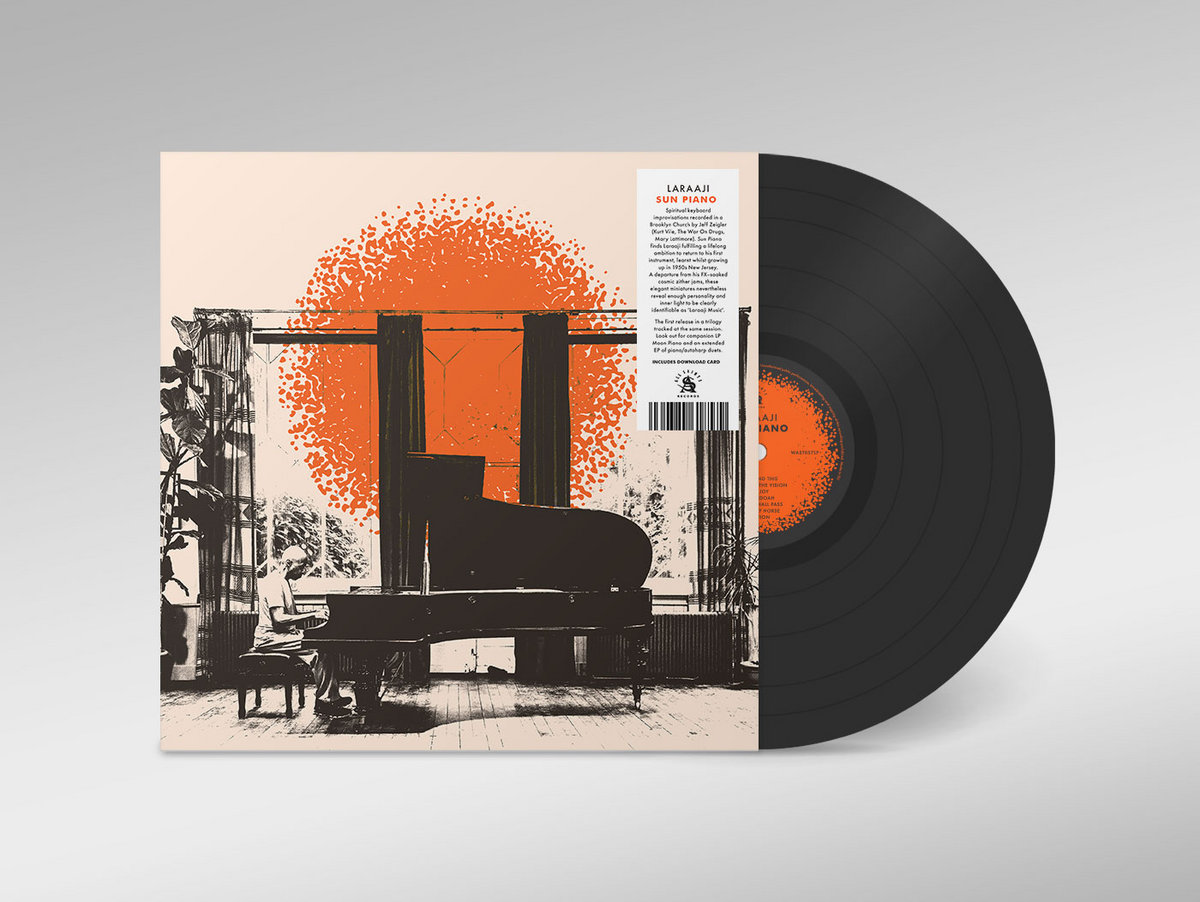
Have you played the piano on and off throughout your career, including when you were more known for your zither and mbira work? Did you ever think about doing a record like Sun Piano before?
This is the first serious, committed solo improvisational album [I’ve done]. Over the years, I have played the piano whenever I can get my hands on one for personal joy, or at a social gathering — at a party, for instance. Keyboards synthesizers have showed up more in the course of my performances and recordings over the last 20 or 30 years. The piano is not easy to come by unless I’ve made it part of a committed project.
Does that mean you often miss playing it?
I have quite a few friends around the tour circuit who have homes with pianos, so I would get my piano fix at least twice a month that way. I missed having one at home until I purchased one about a year ago and had it put into the house here. Now I have access to it on a daily basis. I actually did it to get my fingers in super shape, anticipating that the release of the album would generate tour opportunities. But it looks like touring might not happen until June at the earliest next year.
You mentioned playing the piano at parties. There must have been instances where people were surprised to see that side of you.
It does stun some people. One record producer thought I should never expose myself that way. Since people know me as an ambient artist, the piano would take away from that image.
This is someone recently, or someone years ago?
This was years ago, when I was in Japan — a producer who brought me over there with other musicians to do ambient music. We were in a lounge somewhere, and there was a piano available, so I went over to it and went into my happy, jolly, danceable, rock-out, jazz, free-flow. The producer came over to me and said, ‘I don’t think that’s wise. You’re in Japan to expose yourself as an ambient musician, and it might conflict with your image.’
But isn’t that a big part of you on both a personal and creative level — that duality? It’s not like you’re overtly serious; your music is actually quite playful, and you know how to find the joy in life. I mean, you’re a laughter meditation coach, after all.
Yes. I do get to be more joyful and playful in spirit, and project that through the piano much more readily than the zither.
How did you first get exposed to the zither, and Eastern mysticism in general?
The zither is known in its Western form as an autoharp. I first saw one in Greenwich Village during the years I was doing standup comedy. Comedians were sandwiched in between folk groups, and one of the folk groups was a Kentucky bluegrass ensemble. Their makeup involved autoharp; I remember it caught my attention because I’d never seen it before. It looked like a very chunky instrument — an instrument that had a bigger future than the one that was being demonstrated onstage in the context of bluegrass music.
Fast forward maybe three or four years later. I’m living in Queens — married at the time, with a young daughter — and my musical lifestyle wasn’t generating a lot of income. I remember going to a pawn shop one day to pawn my guitar because that was not my main instrument, but the clerk wasn’t offering me enough money for my guitar.
In a rather cosmic guidance, an inner voice very clearly suggested that I swap the guitar for the autoharp in the window. I left the store with it, not knowing what I was going to do. But when I got home, I was inspired to explore tuning my favorite guitar open tunings into the autoharp. That gave me a new instrument with which to hang out with in meditative, contemplative mode. I could go into a trance; I could go into mediation, and just explore without being concerned about right or wrong because once I tuned it open, the whole string board was like a string drum I could just freely improvise on and experiment with.
One thing led to another, and within two or three months, I had a whole vocabulary on a new instrument. After moving to Park Slope, Brooklyn, that same year, I was playing in coffeehouses and eventually on New York streets and sidewalks, which led to being invited to play for expos and street festivals and conferences and meditation centers. It kept unfolding; the more I experimented, the more I expanded my vocabulary. I became more electrified playing with new pedals, and as I would observe other musicians on their instruments, I would adopt their technique onto my instrument to create new sounds, whether they were playing congas or bow cello.
I even remember there was once even a reggae group; I allowed all four of the reggae band members to just drop their instruments and come over to the zither. Each one of them had their own section of the zither, and they plucked out this most interesting reggae sound. All of these moments allowed me to expand the sensation of where I could take the zither. Removing the chord bars also gave me more access to the strings. I had wide open, carte blanche freedom to explore the instrument with no dos or don’ts. No one’s ever written about how to play electric auto-harp freestyle, so here I was, in a territory without anyone telling me I was doing it wrong or inappropriately.
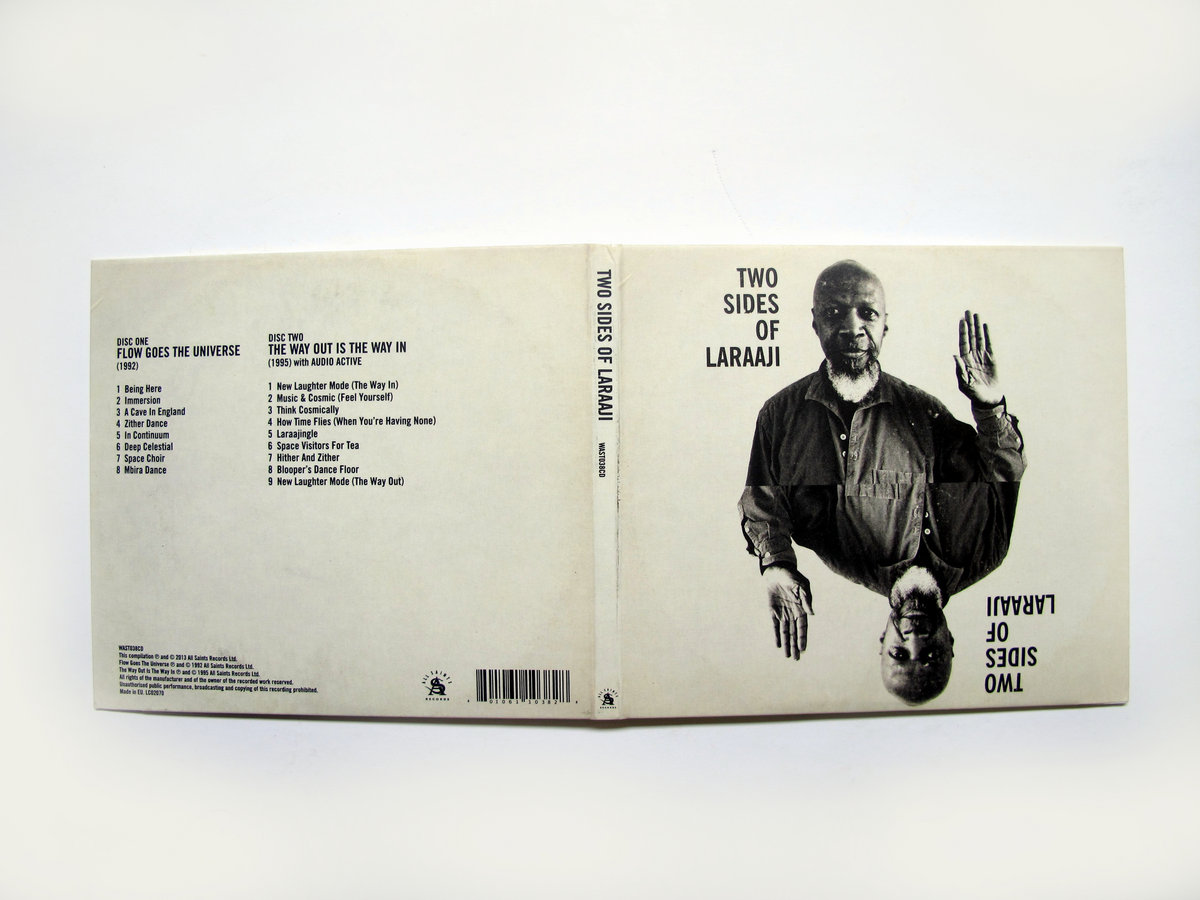
That must have felt so freeing.
Well, about a month or two before I was guided to obtain the auto-harp, I had a mystical sound vision during a meditation session that revealed a non-linear, or an otherworldly, music-hearing experience. It altered my sense of the direction I wanted to go with music. This music that I heard, or am hearing, fills up all space and speaks through the conscious awareness to allow it to know that eternity is now — the eternal present time. It also speaks through consciousness to allow it to directly perceive the unity of the entire omniverse, that everything is taking place right now.
That experience might have lasted five or 10 minutes during a pre-meditation session in Queens. I couldn’t write the music down or record it because it wasn’t happening in the physical dimension. But I did some research on it and discovered that there’s this non-linear music that one can become aware of in heightened states of inner awareness. So that music gave me a sense of direction of where to go with music. And it took me a little while after being with the zither to make the connection that the zither was the instrument I was guided to in order to reference that visionary sound experience.
To achieve that state?
Yeah — to achieve an immersionary trance state. That’s what the experience did; it taught me sound’s ability to take one into an immerisonary trance state. So that was my new direction in music — to use music to direct listeners into an immersionary trance state.
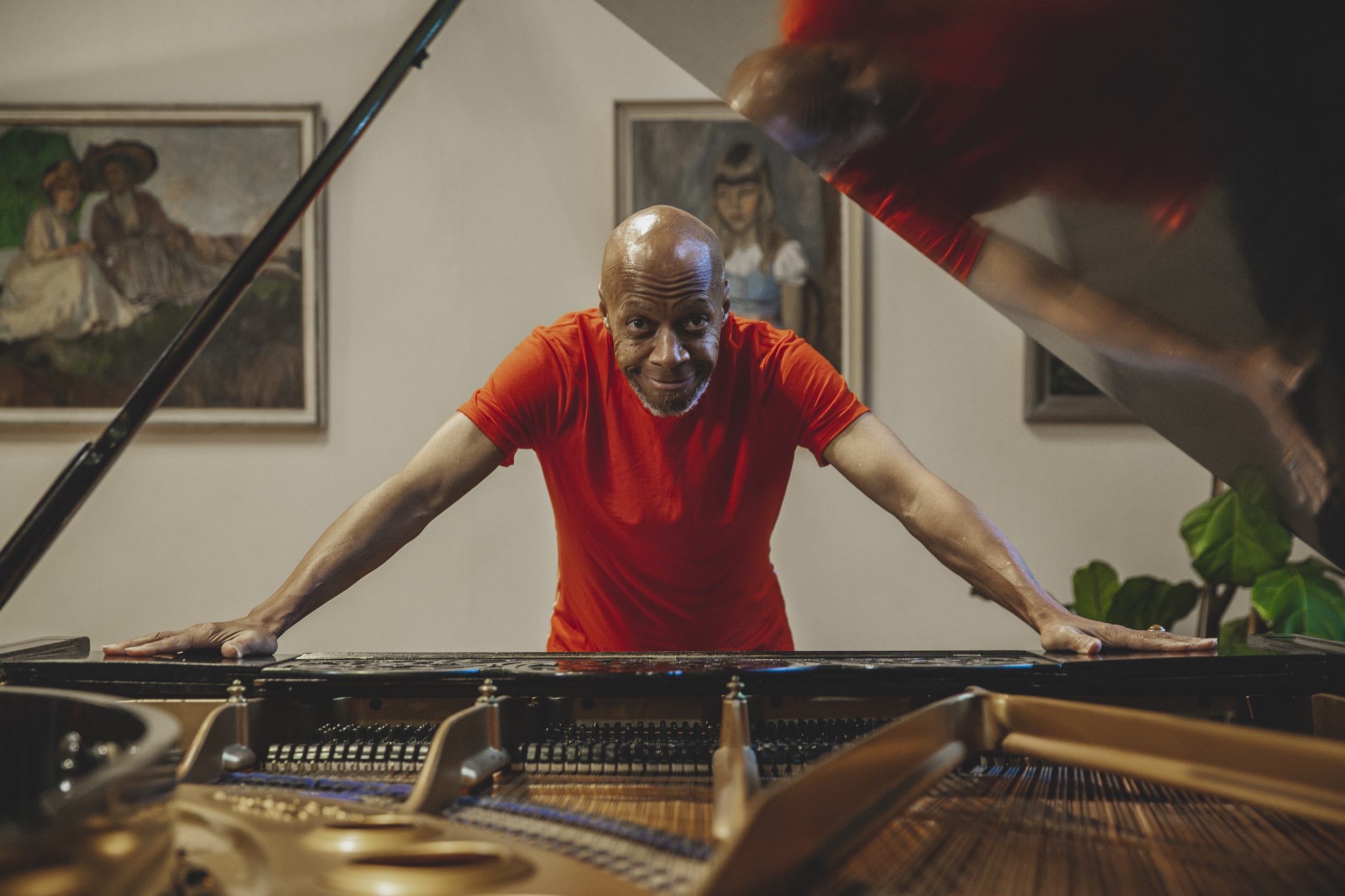
Were you trying to replicate the sounds you had heard in your head?
I don’t believe I can replicate that music, but it gave me a sensation of a space and time — a presence I wasn’t aware of at the time. I was more aware of the third and fourth dimension — the physical dimension. This experience gave me a direct experience of a higher dimension. I don’t know if it’s appropriate to call it the fifth dimension or a transcendental dimension, but after becoming aware of that space and that timelessness, I felt I was qualified to improvise music in reference to this alternative space. I’m hearing and feeling the space, and I’m relating to it; I point to it through the music I am playing.
Although the music I am playing is not replicating that music that I heard, it is representing my emotional and psychological experience of the space that was revealed to me through that music. That space is always everywhere, all pervading. That was my experience; I was guided to have an experience of space and time that was not immediately available through regular external consciousness.
Have you been able to achieve that state again throughout your life, or did it only happen once and embed itself in your psyche?
The latter part. I have not heard that music again, nor do I think I need to hear it. That would be a form of attachment; it’s more that I remember the sensation of the space — of a timeless, unified field. And now I know that space is here; even though the physical eyes can’t see it, and the hands can’t touch it, I know it’s here. And I can focus on it, and relate to it, bringing my emotional awareness of it in through my music. It informs the way my music comes together.
So it’s fair to say that’s informed everything you’ve done since then?
Yes. Even if I jump on a piano just to have fun, somewhere in the course of the improvisation, my memory of this other dimension will slip in and I will find myself relating to that dimension through the way I am playing the piano.
That’s amazing. How old were you when you had that sound vision?
I was 31 at the time.
Have you had other experiences like that — experiences that only happened once, but very much impacted what you do?
Yes, several of them. Sometimes it took a couple years to realize that they were that. Like one time I was trying to find a tai chi class in the East Village. I didn’t have an umbrella with me, and I got caught in the rain; it was just pounding my body and my head, so I ducked into a shelter in that complex. No sooner had I ducked under this shelter that an entire poem arrived in my awareness.
I don’t remember all of it, but the refrain was, “Never rest / as if you could / while parts are your main goal / for always in your current midst / calls your celestial whole.”
It was like a guiding poem, reminding me no matter how eager I am in search of external pleasures — things, people, and places — that inside me, where I am, there is a wholeness I don’t have to go out in the world to find the pieces of. The whole is already here.
That was one mystical experience. And there were a couple others that aren’t coming to mind at the moment. Actually, I remember once listening to a gospel singer in an intimate setting. And this gospel singer, halfway through the song, they stopped on one note and held it in this high voice. They just held that note, almost close to screaming [laughs], but as they were holding that note, I felt my consciousness shift, as if I was pulled into another dimension. It made me aware that listening to tone or sound is a way that can shift consciousness.
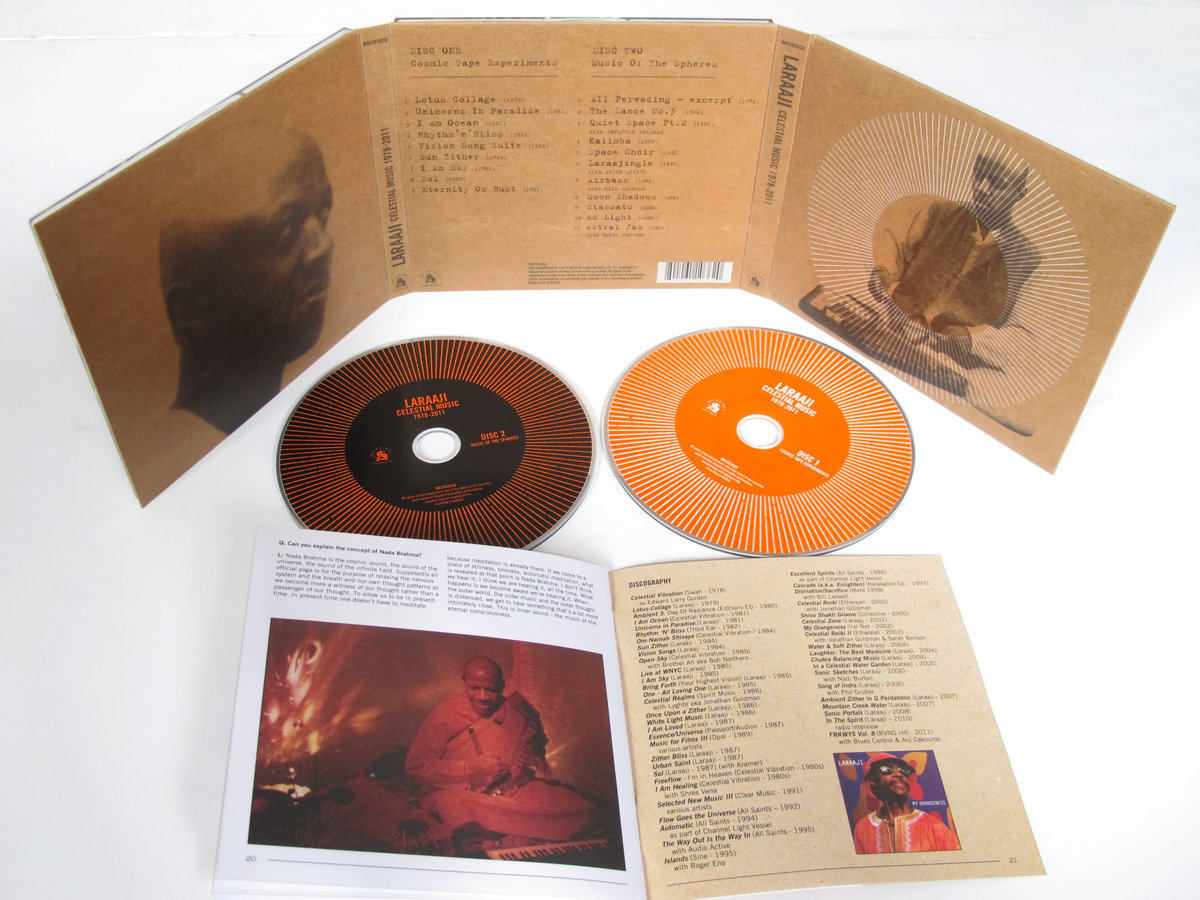
Another funny experience was when I visited a woman who invited musicians to her Upper West Side house for food and music. Five or six musicians would come into this apartment, and set up their instruments, and play and jam, and then there would be food served. We were always required to remove our shoes at the door, and at one of these visits, the door opened and there was this little black kitten the woman had just obtained. As I stepped in through the door, this cat would just leap at my feet and dig his claws into my feet [laughs]. This happened to other musicians too. The lady of the house thought this was cute; she didn’t realize how it was a little annoying.
The second time I came to the house, there was the cat and the same scenario; he dug his claws into my feet. So when I finally got clear of him, and sat down on the floor, I tucked my feet under my legs so I was sitting in a yoga position. I opened the case, took my zither out, and the little black cat came over. He sniffed my case and then leaped into it. I immediately closed the case. The lady was in the other room cooking so she didn’t see me doing this.
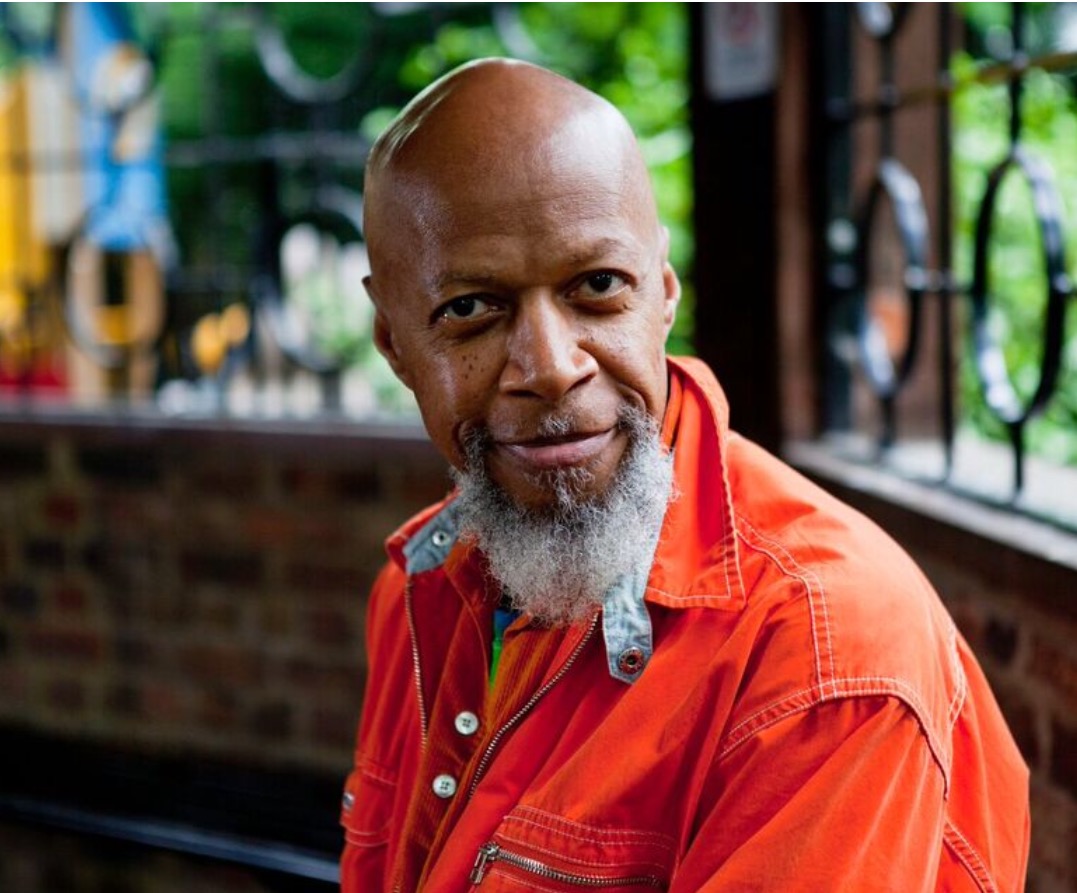
Anyway, I set my zither on top of the case, and I strummed it for maybe a minute, until I thought I should check on the cat, in case it’s not breathing. And after that strumming, I opened the case, and the cat stood up and looked with his big eyes, as if he was questioning all of reality. He slowly stepped out of the zither case, and moved around the room very quietly, mystified. And after that moment, that cat never dug its claws into anyone’s feet.
I checked back with this lady a month later to ask if the cat’s demeanor had permanently shifted and she said, ‘Yes, I don’t know what happened.’ That taught me the power of immersion; this cat was immersed in a black container, so its sense of boundaries were probably annihilated temporarily. It was just a state of consciousness merged into a sound ocean. And after that experience, I think the cat came forward with an expanded sense of its identity through the sound. That taught me the transformative power of an immersionary sound hearing experience.
It’s almost like the cat was in a sensory deprivation tank with your music on blast.
Yes, that’s a beautiful analogy — sensory deprivation through sound. That’s a model for the way I play music now. I’m playing with the optimistic attitude that when I play and have people either with blindfolds on, or lying down with their eyes closed, or the light dimmed in a room, that I am treating them to that same intension of having them be so immersed in a sound that their sense of personal physical body boundaries are dissolved and they are able to float beyond the foundations of the body.
Going back to your upbringing, did you connect with the religious side of going to church, or were you more into the music? Secondly, how did you make the transition to a more Eastern take on spirituality and mysticism?
Well, Baptist church service was always mystifying, because I would hear the preacher preaching, and I didn’t always understand him, but Jesus was at the helm. That was the main purpose. And I got into gospel music because it was always uplifting and joyous and jubilant. Then the preacher would get into a heavy, hot sermon that would generate a few…. usually women parishioners would catch the spirit. They would jump up and their pocket books would fly across the church. Somebody would have to come over and calm them down.
I did connect with the image that was being presented to me of Jesus Christ. The model of his character impressed me very deeply; I remember wanting to say, ‘Hey, that is a cool thing. I want to do that too.’ But at the time, I think there was just a limited amount of scientific information about what was going on — what that was all about. The general instructions were to pray and do good works.
After I left college, I came to New York to pursue acting and comedy. When I had some mild success in acting, I felt a lack of inner spiritual direction that I think I needed in order to know what kind of roles, or what kind of movies, in the mass media I would and would not accept. Because I had done a movie called Putney Swope. I didn’t know what the whole movie was about until I saw the final mix. Some people of color in the Harlem community were not quite happy with the image supported by that movie. I didn’t feel there was anything dramatically wrong with it, but then again I said, ‘Well, maybe I need to do some inner soul searching to know what my responsibility is in the mass media.’ Am I willing to do movies that are willing to upset some segment of the population? Or am I gonna go just for the money? Or am I gonna work at it until I become famous and then make my choice of what I’m going to do?
At that point in the early ’70s, meditation became attractive to me because it seemed like something I needed to learn in order to get some serious fundamental answers in my life. At that time, meditation at the level I felt I needed to explore seemed to be represented by people from the East. And as I looked into Eastern teachings, I became aware of this whole body of works called the Vedanta. There’s a whole library channeled or written by high masters or yoga teachers.
As I was introduced to that side of spirituality, there was a yoga of science and meditation that fascinated me. It essentially said that you must step out of the thinking mind and drop all of the titles — just be with the pure I Am in order to experience the Godness where you are, and to experience the timeless moment of the Now. In order to be able to see that the physical realm is an illusion unfolding. All of that information was intriguing; I said, ‘Maya, illusion, timelessness, the pure I Am….’
So I spent time visiting different meditation and spiritual communities. Usually I was invited to play my music in exchange for sitting in on the meditations and the discourses. Though the spiritual side of my life was very heavily supported by my investigation into Eastern mysticism and Eastern philosophy, it was also [informed by] Western [ideas]. Metaphysics and mind science — a new thought religion — also did a lot. In fact, mind science is probably a synthesis of Eastern mysticism: ‘If you can change the way you think, you can change your life.’ The quality and the content of your mind determines the universe that’s going to present itself to me. I began playing with that, and sure enough, I began having results, to the point of attracting someone like Brian Eno to my life to produce my music. Learning how to use thought consciously to attract into your life what you feel is right for you.
So that brought me up to the spirituality of conscious co-creation; that is to not just accept what the universe is handing you, but questioning if you want something more than what you’re getting. And how to make choices based on your sense of who you are. Once you know that you are a child of the eternal universe, then your basic nature is infinite compassion, love, and bliss. Once becoming aware of this, you are taught to make choices based on this. The music that I am choosing is usually a reflection of this space. The lifestyle I am choosing is a reflection of this space. The way I choose to use my time and energy is a reflection of this inner self.
That’s really beautiful. I feel like the world could really benefit from that train of thought. Especially now, with all of the negativity that’s on the internet and how distracted we all are.
Well, you know the internet is not all that troublesome. One can have a good education on the internet if they know how to use it.
Sure; you just have to mute the voices that are dragging us all down.`
Yeah, you can find beautiful teachers on meditation, quantum mechanics, and New Age theory and thought. You can find nature films. You can find teachings. You can also find this time-consuming recreation on the internet, too, but I believe the internet could be the new norm for expansive spiritual education. You can pick up guidance on how to breathe, how to meditate, how to relax. And if you’re disciplined enough, and know how to take those cues and practice them, the final stage is up to the individual to practice.
Well, it’s all about how you choose to use your time, right? You don’t have to sit and look at Twitter or the news all day. You could be learning a lot instead because everything is at our fingertips.
There are alternative things. You can check out the news just so you’re not in denial [laughs].
Sure — enough to know what’s really going on, but then you should shift your focus towards something more positive.
Yes. There’s an infinite ocean of choices. You can choose to have a peaceful exploration of the internet by picking the right YouTubes — the right whatever. You can make choices.
If your question is about how I stay so positive in New York, well the trick is I’m not just in New York. If I was just in New York, I’d be immersed in New York and overwhelmed. But I’m not of New York; I’m of the eternal universe. And if I continue to note this on an hourly basis, my being in New York is balanced with my being in an eternally balanced universe. I’m bringing that information with me so that I am not overwhelmed by what’s going on in New York. I’m observing it, but it’s not my overwhelming narrative.
It sounds like you’ve never stopped learning either, which is so important as we get older.
Yeah, I think that is beautiful. At a time like this, when I’m not traveling, I’m having one heaven of a time learning how to use a lot of the equipment I’ve gotten over the years, but was too busy traveling to get to know what it’s all about. So I’m learning the internet; I’m learning the application of digital music; I’m learning, really, how to use a computer [laughs].
Finally huh?
Yeah, and how to use some of my musical software more consciously. But also, meditation; each time I dive into a meditative state, I get a clearer understanding of the nature of the Now and the nature of the gift of this thing called consciousness. How the eternal world seems like an illusion — it’s not really there — and how to not get bent out of shape because it’s passing. Everything I see in the world is temporary; it impermanent. If I can’t hold onto the inner foundation and let the outer world pass, and not get dragged along with it, and not get bent out of shape with it, then I can keep my composure and stay calm. As I observe the world go by, I can stay in my center, which I must practice on a daily basis. Either morning or evening meditation; walks in the park; silent contemplation; going in beyond the titles, beyond my names, beyond the world’s classifications and being with the pure I Am, right here and right now.
So once again, we’re talking about practice. Some of us can’t get to this place unless we have a teacher or a yoga class to help guide us into the relaxed body. Because deep relaxation can equal meditation. Even temporary meditative experiences if you’ve relaxed through the use of substances. You can touch that place. But the goal is to know that place is there, with or without substances.
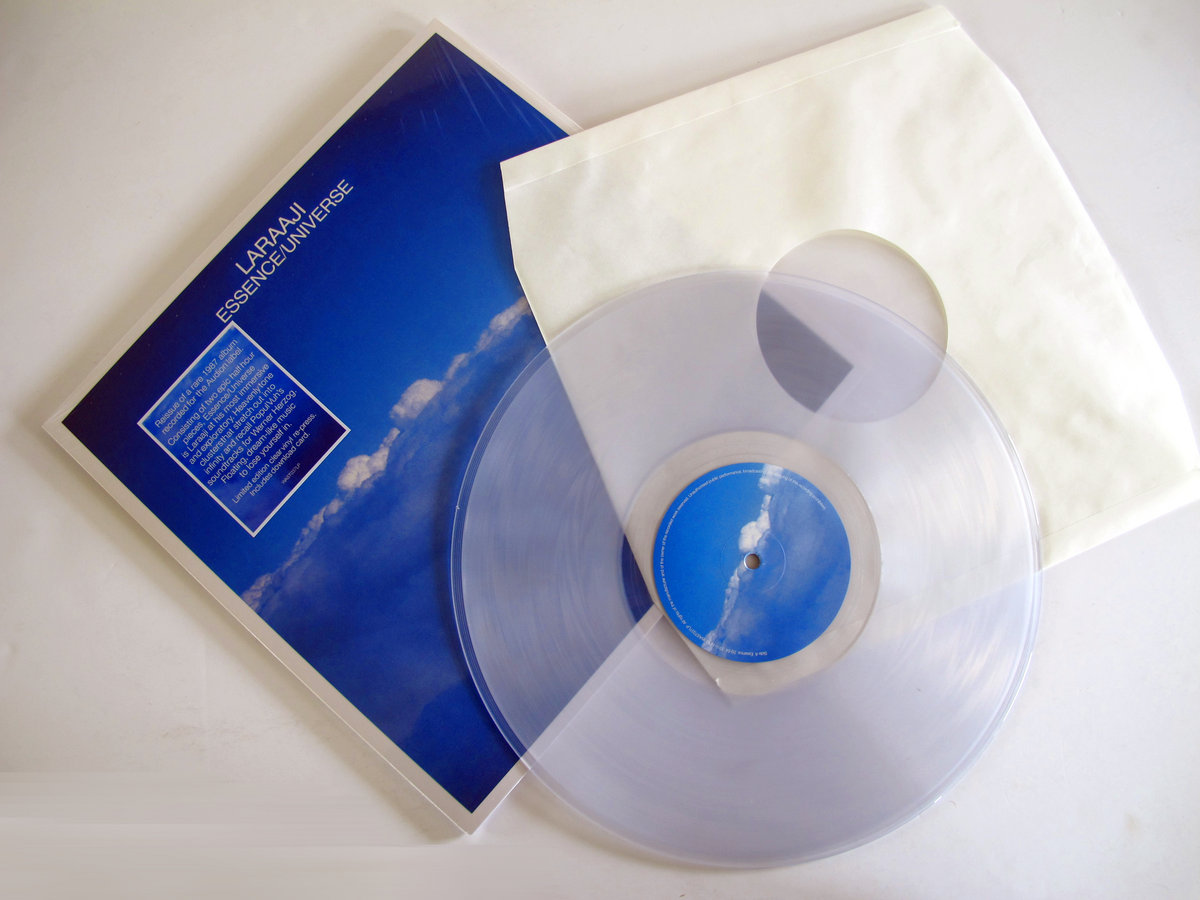
What advice would you give to people who want to try meditation but are having a hard time because their brains never stop going a mile a minute? Would you tell people to just keep working at it — that it’s not going to come to you just because you bought an app or whatever?
Yeah. When I look at my situation, I had a strong inspiration and curiosity about meditation because I needed it for survival in the mass media. I needed guidance, and I understood that meditation could give me that. At that moment, I had strong enthusiasm and hope that meditation would be an answer. That gave me the urge to discipline myself.
There were several ways I went into meditation….
One was a simple breathing technique that would relax the fidgetiness of the body. Deep relaxation can be achieved through slow breathing, whether you call it alternate nostril breathing or pranayama.
Secondly, find an easy chair. Sit in that chair and fix your gaze on some place in the room — a dot on the wall, a candlelight — and practice sitting still until you can do it for 21 minutes. You can swallow your saliva, and you can blink if you need to, but the idea is to resist any urge to scratch or fidget.
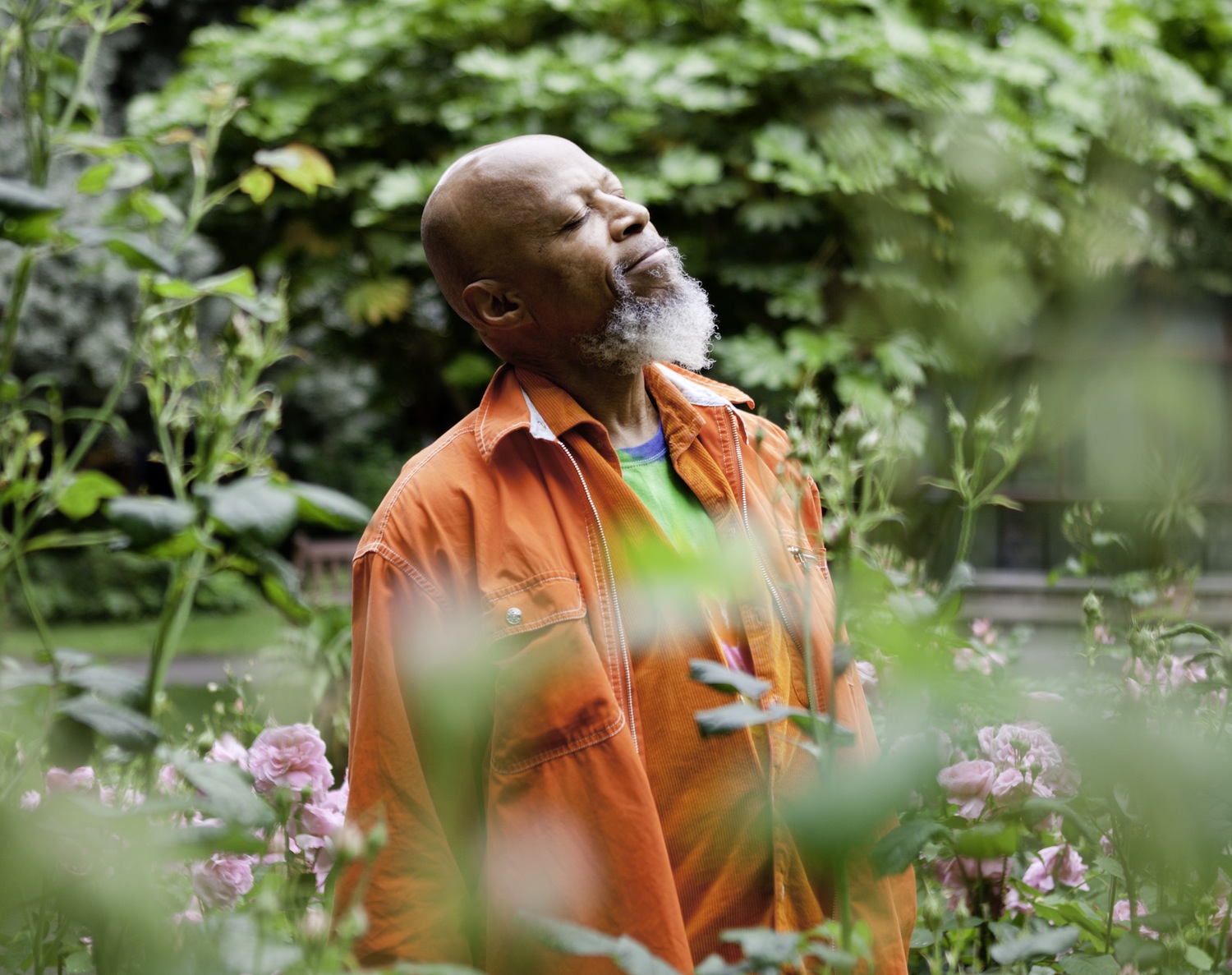
Third, the big one, is when you’re sitting in a chair or ready to meditate, mentally remove every title, name, and classification that is currently being used to refer to you. Or has ever been used. Everything; I’m not male, I’m not a husband, I’m not an American citizen, I’m not a musician, I’m not a composer. Keep releasing every title until you come to just ‘I am….’, with nothing attached to ‘I am.’ The I Am place is the meditation place; if you learn how to sit still and your breathing is relaxed, then you’re receptive to just staying present with the I Am, then you get the benefits of authentic meditation. Your nervous system gets permanently relaxed; your breathing is going through a permanent transformation; and your mind is learning that it can exist without constantly carrying the baggage of thought.
Those practices are the ones I prepare for meditation. And of course, if you have the money and the time, you can invest in a yoga class — yoga with the purpose of getting into meditation. An hour and 10 minutes of yoga is for the final 15 minutes of lying in corpse pose, or shavasana, where you are most receptive to your inner meditative repose.
Laughter is one way of going into it. A good 15 minutes of laughter is a way of relaxing into the meditation. Listening to certain music — like some of the music I’ve been able to co-create over the years — lends itself to slowing the mind down and softening the heart so that one can feel comfortably present without being oppressed by world narrations.
Do you feel like focusing on the piano has helped your career come full circle in a lot of ways?
Mmhmm. I am able to share the joy of the piano now. As a child, I may have fantasized about being a great piano player… and when I’m playing the piano now, I’m seeing the same behavior is not that much different than what I’m doing now. Going through the ‘what if?’, the imitation stage, attracted or prepared me to assume the posture and being of one whose putting out serious professional music.
Does this mean you’re going to go back to acting soon too?
I still have a fantasy about somehow being involved in a comedy production, whether it’s an off-Broadway play or a movie. I allow for that to be a possibility.
It sounds like you naturally drifted away from acting and comedy.
Yes, but now that I understand the medicinal healing power of laughter, I can come into that world with a more medicinal and therapeutic intention. I use laughter in performances now because of its healing power.
That must catch people off guard sometimes when they see you perform — seeing you laugh. It breaks the fourth wall between the audience and the performer in a way.
Yes. In my early experimentation with laughter during performance, the feedback is that people were relaxed and connected to their own laughter. And once someone is connected to their own laughter, it means they’re more in present time, and open and available to experience the music.
If COVID-19 doesn’t let up, do you think you’ll just do laughter workshops through the internet?
Yeah. If someone feels they want to do an outdoor laughter [session] with social distancing, it’s conceivable, but I have to be careful because laughter is about exhaling a lot of air, and that’s one issue about sending your breathe onto someone else’s space.
What can people still expect from you the rest of this year?
I am exploring a beta test of a new artist who does home entertainment through live concerts and technology. I’ve been testing that for a group out of New York. Lots of collabs and remixes. I did a laughter workshop, a short one — laughter and creativity — for Nike. They sent a little camera crew here and I did a lecture-demonstration of laughter and creativity.
Is that for their workers?
It’s for their workers. They might put it online, but I think it’s for their workers. It was commissioned for that staff.
Has it been surreal to have so many young people and new audiences like Nike discovering your music now? It must feel reinvigorating as an artist.
It is invigorating. Surreal is a good word for it. It’s soul-searching too, because some of the people who are approaching me still need more discipline to find their voice in their particular art form. I don’t want to give them the impression that it’s just a matter of picking up an instrument and interacting with it to create new music. Some artists can do that, but I also want to let them know there’s a certain inner meditative, or inner spiritual, discipline involved with what I do. It takes either a drive or a commitment to spend time and energy on opening your way inwardly. I call it inward mobility — to find out you’re an inseparable child of this eternal universe. Once you connect with that, it’ll drive your creativity big time.
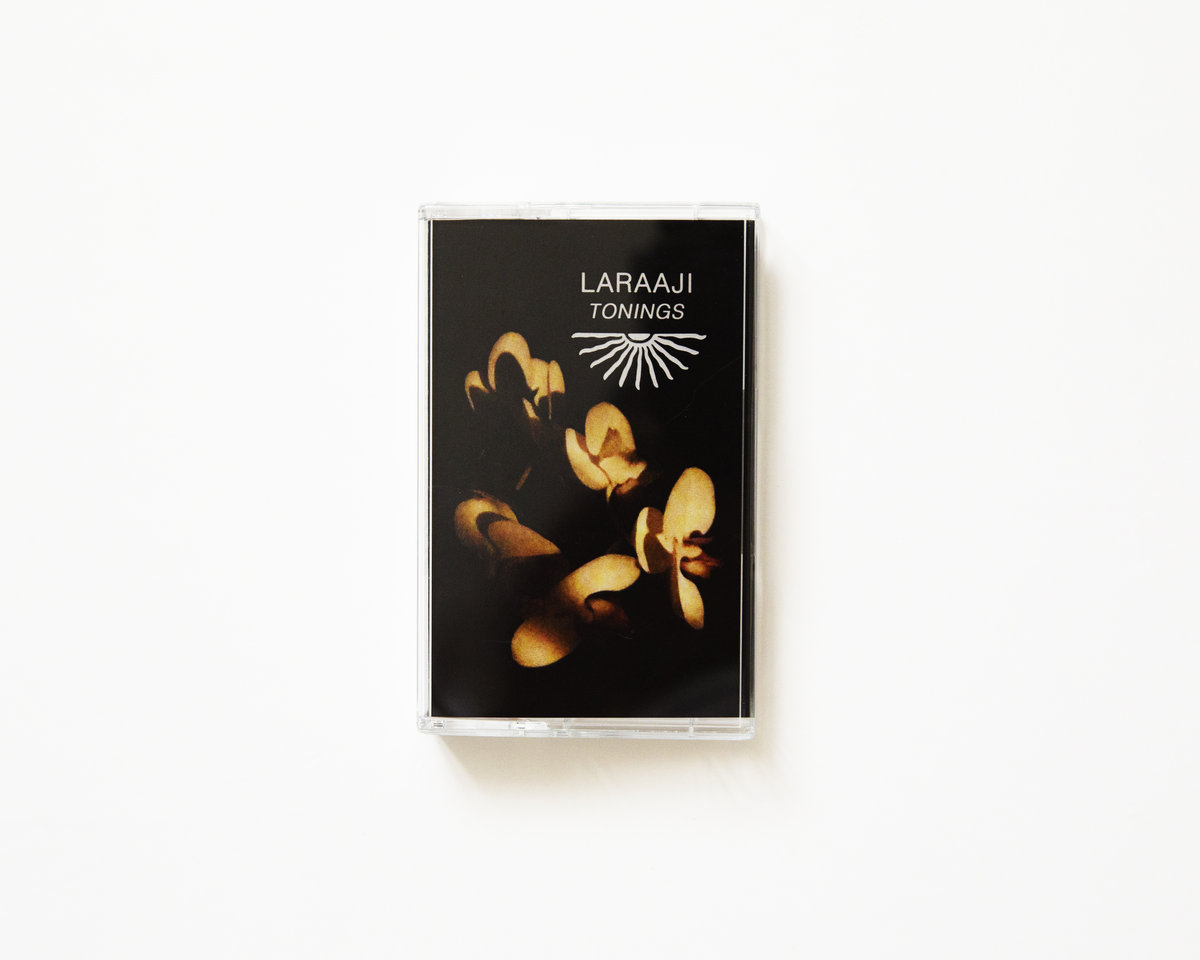
I didn’t want to ask you about Brian Eno because everyone always brings him up, but you mentioned something earlier that I thought was interesting — that a lot of what you were learning on a personal level led to chance experiences like meeting Brian Eno. Do you feel like it came out of, I don’t even know the right word….
My spiritual work?
Yeah.
That specific kind of spiritual work is called affirmations — success affirmations. Understanding what you want to do, and where you want to go with your life, and then affirming it. You actually spend some time creating a worded affirmation, and you can do it in the morning while making eye contact with yourself in the mirror. The object of this is to slowly alter your inner belief system so that the subconscious mind can accept a new thought if you repeat it, and it can neutralize an old thought. If you’re someone who believes poverty is part of your heritage, and that having lots of money is an impossible thing, you can overturn that belief in your mind and heart through affirmations and cause a different reality to zoom in on you.
That particular time, I used the affirmations to attract the right producer. The key word in there is right, since I didn’t know who I needed. He was simply the right producer for the kind of music I was doing. I did not know about Brian Eno before I met him, and I would have not known how to find him if I did know about him.
So all of this is to say, ‘How does the universe really work? Can we put in a request to the universal field and have it deliver something to us?’ My answer is yes, if you know how to do it with passion, and how to do it persistently. It calls for repetition and aggressive changing of your mindset and your emotional atmosphere to allow a new experience to register.
That’s great advice, and a perfect place to stop, I think. Thank you so much for your time, and best of luck with everything you’re doing this year.
Beautiful journey to you; peace….
